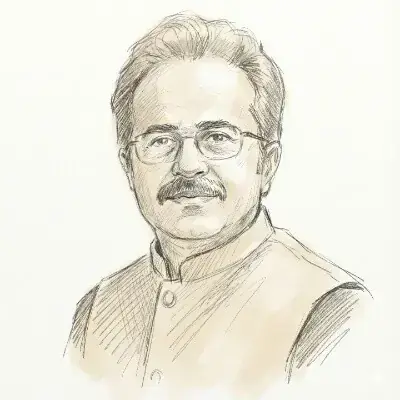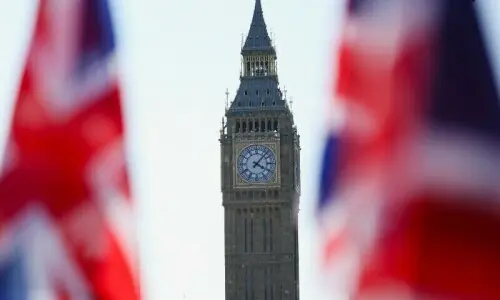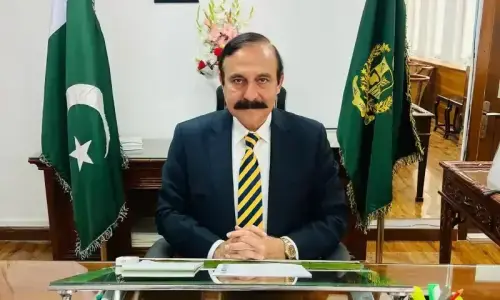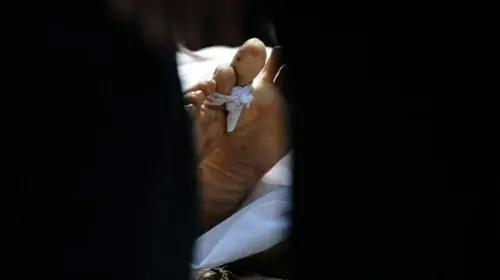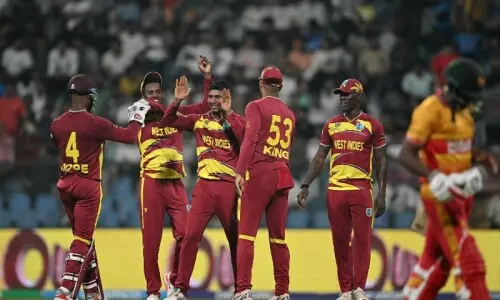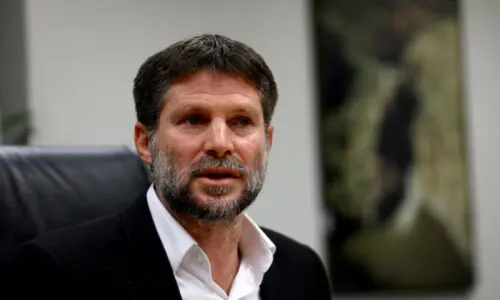ISLAMABAD: In what appears to be a response to the bitter denunciation of military takeovers and the judiciary’s role in them by ousted prime minister Nawaz Sharif a day earlier, Chief Justice of Pakistan (CJP) Mian Saqib Nisar on Saturday said that the infamous “doctrine of necessity” that had given judicial nod to successive martial laws in the country now lay buried.
The critics should read the July 2009 judgement of a Supreme Court bench, headed by the then CJP Iftikhar Mohammad Chaudhry, in the Sindh High Court Bar Association case that not only declared the steps taken by ex-military ruler retired General Pervez Musharraf illegal but also paved the way for a high treason case against him for imposing a state of emergency on Nov 3, 2007, said Chief Justice Nisar at a meeting of judges belonging to special tribunals and administrative courts here at the National Judicial Policy-making Tribunal.
Rejecting the criticism about not having taken military dictators to task, the CJ said that unlike the past the courts were independent and not part of any campaign though he conceded that the judiciary might have passed some erroneous verdicts in the past. He declared the judiciary would not let anyone derail the democratic system and in any such case, he would quit.
Defends suo motu cases and role of judiciary a day after ousted PM takes potshots at judges
The judiciary has repeatedly come under criticism by Mr Sharif and leaders of the ruling Pakistan Muslim League-Nawaz since July 28, 2017 when the apex court disqualified him from holding the office of prime minister. In his latest speech at the seminar on “Future of democracy in Pakistan”, the PML-N president said the judiciary had adopted a strict attitude, which was often “against the norms of justice”, about politicians and elected representatives compared to dictators who were always “dear to them”. He also criticised the judiciary for introducing the “doctrine of necessity” to facilitate the military dictators.
Justifying actions of taking ‘excessive’ suo motu notices, as he reportedly took up over a dozen such cases in the past couple of weeks, Chief Justice Nisar said it was the responsibility of the superior courts to protect fundamental rights of citizens. “Sometimes the situation demands taking up suo motu notices in the public interest,” he added.
The judiciary was an important pillar of the state and the state would be at loss if this pillar was not able to work, he said.
The chief justice said that special courts and tribunals were part and parcel of adjudicator and asked the special courts to work with passion, devotion and in accordance with law. He said the shortage of staff should not be an obstacle in administration of justice. The issue of vacant posts in special courts and tribunals had been taken up and a number of slots have been filled, he added.
He said if the presiding officers and chairmen of the tribunals faced any issue regarding their pay, perks and privileges the same be communicated through the high courts.
The meeting was attended by Justice Sheikh Najamul Hassan of Federal Shariat Court, the chief justices of provincial high courts and the Islamabad High Court, Law and Justice Commission of Pakistan (LJCP) member retired Justice Shakirullah Jan, and LJCP secretary Mohammad Arif Raheem Awan.
Chief Justice Nisar advised judges to work enough to prove their earning as a judge of the high court drew a monthly salary of Rs900,000 and Rs40,000 daily while the salary of a supreme court judge was even higher, adds APP.
Addressing judges of the accountability court and anti-terrorism court, he said there would be people who might threaten the system and claim that they would make your children’s lives difficult. “But you have to bring these people to accountability,” he said.
Perpetrators of white collar crime, and people who threatened judges be brought to accountability, he added.
Chief Justice Nisar said it was the responsibility of judges to make sure that justice prevailed. “We are not going to wait for the laws of tomorrow. We have to make do with the laws of today to ensure that justice is being delivered,” he said.
All judges needed to follow Article 4 (Right of individuals to be dealt with in accordance with law etc) of the Constitution, the chief justice declared, adding that there should be punishment for the judges who wouldn’t comply by Article 4 of the constitution.
The CJP also asked lawyers to promise that their prime agenda would be to deliver justice under the command of the law and obey it unconditionally.
Published in Dawn, February 4th, 2018


